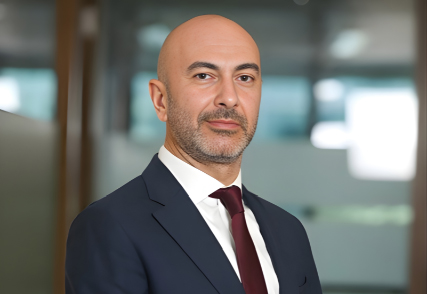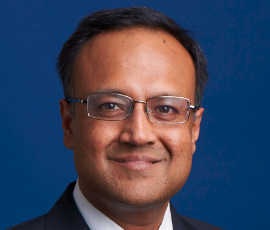Citi

Corporate banking
The Middle East’s best transaction bank for financial institutions 2025: Citi

Transaction Banking Awards



Corporate banking
Latin America’s transaction banker of the year 2025: Citi’s Steve Donovan

Transaction Banking Awards


Corporate banking
Asia’s transaction bankers of the year 2025: Citi’s Kanika Thakur and Mridula Iyer

Transaction Banking Awards


